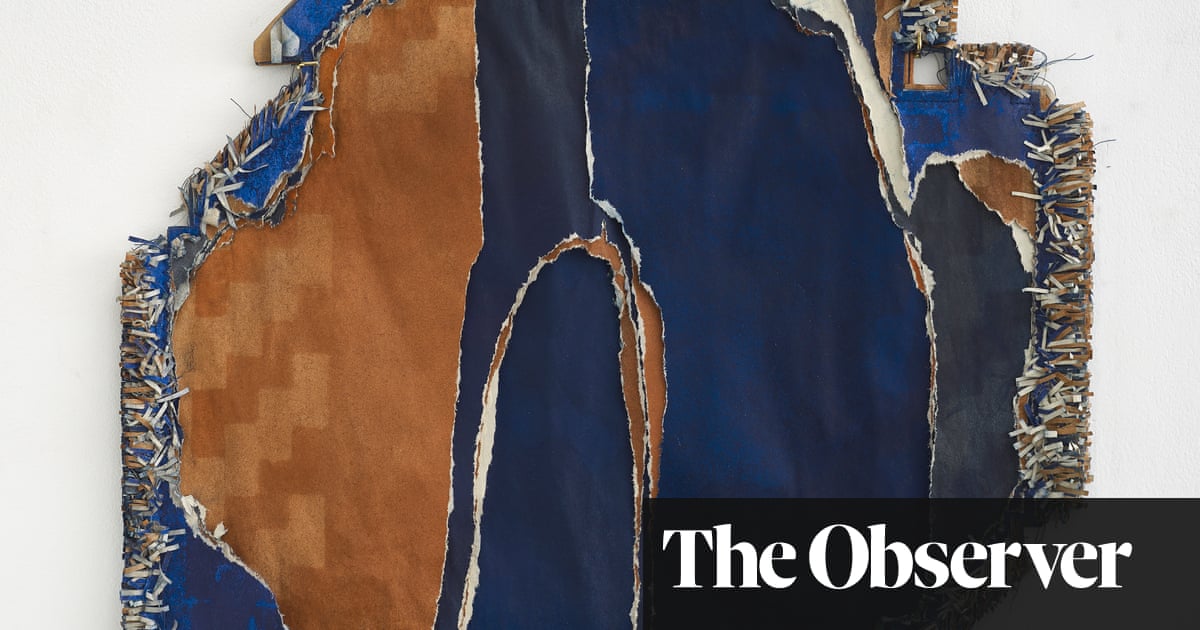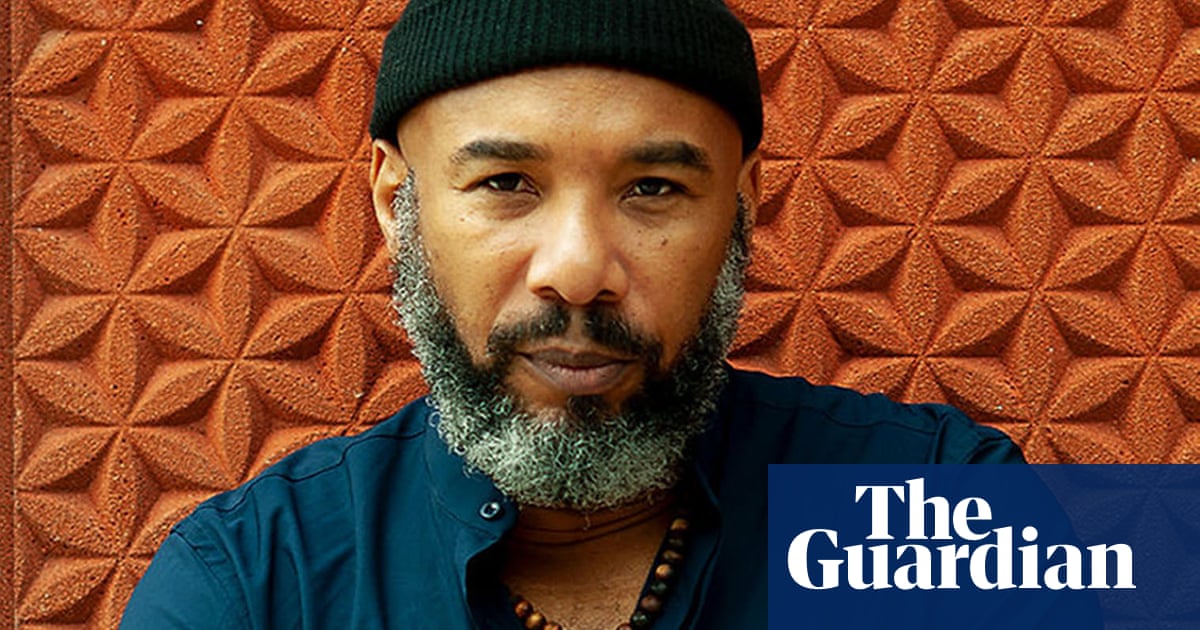
King Lear is often called the hardest of Shakespeare’s plays to stage, but usually productions will at least be able to call on a full cast of actors. Not so in Lear Alone, a web series released on YouTube last summer by And Tomorrow theatre company in partnership with Elysium theatre and the homelessness charity Crisis. Over the course of five weekly episodes of 10-15 minutes, a single actor performs only the lines of Lear, recasting the ancient king’s epic odyssey as an old man’s lonely wander through an eerily empty, locked-down London.
The concept is odd, of course, and initially disorienting. It is easy in those first few minutes to miss the physicality of actors opposite one another, bouncing off each other’s words and gestures. But Edmund Dehn is compelling in the lead (and only) role, and by the end of the first episode he has us in his spell, the full range of Lear’s giant emotional swings captured in his sunken, weathered eyes.
By that point, the production, directed by Anthony Shrubsall, has started to reveal its secret. This is not, it transpires, simply an actor’s monologue. Rather, it is a play within a play: a story of a dishevelled old man who leaves a care home and spends the night on the street, with nothing for company but the language of a similarly exiled patriarch.
This breathes a terrible life into Shakespeare’s words. When Dehn utters lines such as: “You think I’ll weep? No, I’ll not weep”, and the sarcastic “I confess that I am old; age is unnecessary”, we see not a titanic monarch but the familiar distress and despair of the spurned rough sleeper. By removing Lear’s individual antagonists, Lear Alone renders the problems he faces societal, institutional. When he says, quietly: “I have perceived a most faint neglect of late”, we don’t picture the neglect of his daughters – we picture the state; we picture ourselves.
Filmed sparingly by Charles Teton, the camera lingers on those liminal nooks in the street that most of us simply walk past. His sound mix retains the rustle of the wind on the shooting equipment, which only emphasises the lack of human voices and noise in the middle of London. Objects, statues and paraphernalia serve as temporary interlocutors. A tattered old blanket left on the wet pavement becomes the beggar Poor Tom, whom Lear at one point calls “thou robed man of justice”. Eventually, exhausted by the storm in his mind, Lear lies down to sleep in an underpass, draped in Tom the blanket.
During the pandemic, at least 130,000 households in England were made homeless. In London, rough sleeping increased by 3%, despite emergency measures. And as the chief executive of Crisis, Jon Sparkes, says, the increase over the past decade is a shocking 94%. None of that is inevitable. There remain more empty homes in the UK than homeless households. Lear Alone powerfully dramatises this political cause of suffering. It brings some of the original play’s most urgent questions – What makes a broken society? How is the fate of the most vulnerable a measure of this? – into the present, and directs them squarely and sometimes literally towards the halls of power. It reminds us that for far too many, the pandemic was not merely a period of isolation, but of abandonment.
The 65 minutes of film don’t always work. There are inevitable moments of awkwardness, and the political imagery is not always very subtle. But the production never romanticises its homeless subject. It is accusatory without being one-note or indiscriminate. The lone character’s lines prove sufficient to follow the drama, even if you don’t know the play. In fact the concept particularly suits King Lear – a play in which the title character gets gradually less and less sure to whom he is speaking, until his final lines are said to everyone and no one. And as a series and performance in itself, it is ultimately more moving than one might have imagined.
Beyond that, Lear Alone offers us a vision of theatre in the post-pandemic age. Yes, that’s partly about its demonstration of innovative ways to film and stream theatrical content – taking the action outdoors, making dramatic the objects and sounds of street life. But it’s also about its engagement with live political issues, and the company’s partnership with a campaigning organisation. Faced with a world whose injustices are less and less concealed and concealable, Lear Alone asks for a theatre that is unafraid to be explicit about its moral and political persuasions: a theatre that refuses to leave any one on their own.
Lear Alone is available to watch via YouTube
Calum Jacobs is a writer based in north London. He is donating his prize money, £3,000, to a housing charity












